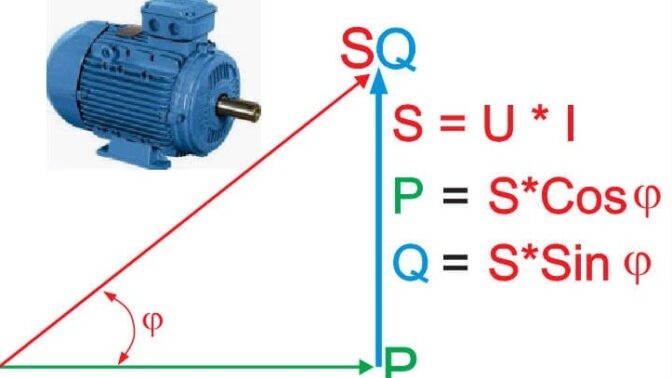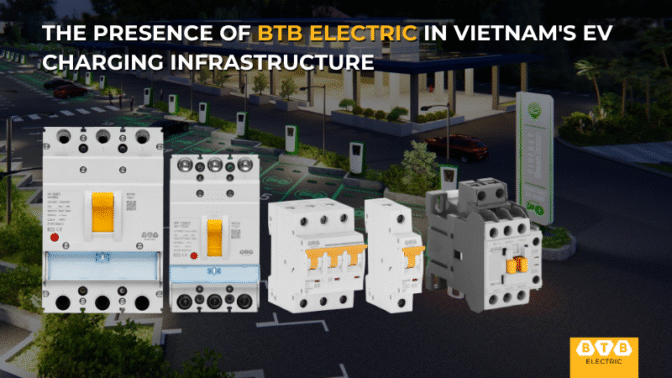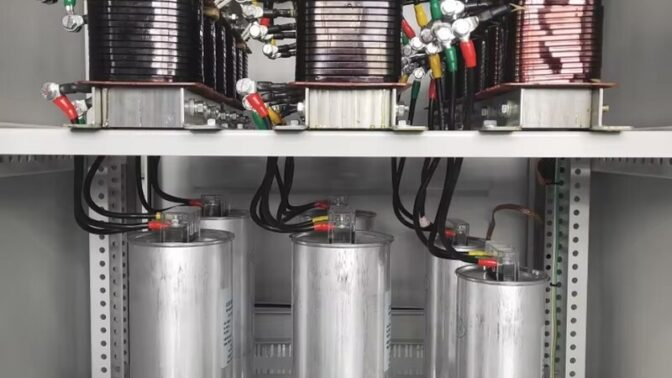24-12-2025
Typical type tests for MCCB according to IEC 60947-2
Definition of MCCB
A Molded Case Circuit Breaker (MCCB) is a type of electrical protection device enclosed in a molded casing, designed to safeguard electrical systems against overloads, short circuits, and, in some cases, leakage currents. MCCBs are capable of handling higher current ratings compared to Miniature Circuit Breakers (MCBs), typically ranging from tens to thousands of amperes, making them suitable for industrial and commercial electrical systems.
Standards applicable to MCCBs
MCCBs are manufactured in compliance with international standards to ensure safety and operational performance. The key standards include:
- IEC 60947-2: International standard for low-voltage switchgear and controlgear.
- EN 60947-2: European standard for low-voltage circuit breakers.
- UL 489: American safety standard for circuit breakers.
IEC 60947-2 specifies the performance, testing, and safety requirements for circuit breakers used in low-voltage systems (≤1000V AC or ≤1500V DC). This standard defines crucial parameters such as rated current (In), breaking capacity (Icu, Ics), and protection against overload and short circuits. It mandates essential tests, including short-circuit withstand tests, mechanical endurance tests, temperature rise tests, and electromagnetic compatibility (EMC) tests to ensure reliability. MCCBs must be classified based on breaking capacity, protection mechanisms (thermal, magnetic, or electronic), and application type (AC/DC).
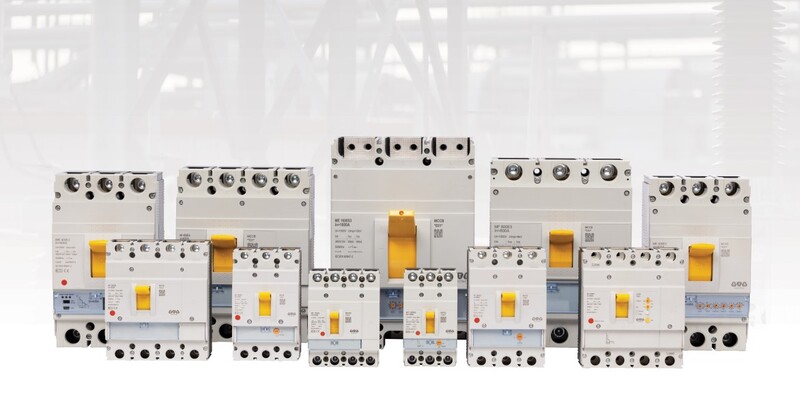
The standard also requires clear marking of technical specifications and proper installation guidelines. Furthermore, it ensures electrical safety and electromagnetic compatibility to prevent interference with other devices. Compliance with this standard is essential to guarantee the quality and safety of MCCBs in low-voltage electrical systems.
Typical Type Tests for MCCBs
To meet the requirements of IEC 60947-2, MCCBs undergo a series of rigorous tests, including:
- Temperature rise test
- Operational performance and impact characteristics
- Dielectric properties test
- Mechanical endurance test
- Overload characteristics test
- Short-circuit breaking capacity test
- Short-time withstand current test
- Fuse and circuit breaker coordination test
- Electromagnetic compatibility (EMC) test
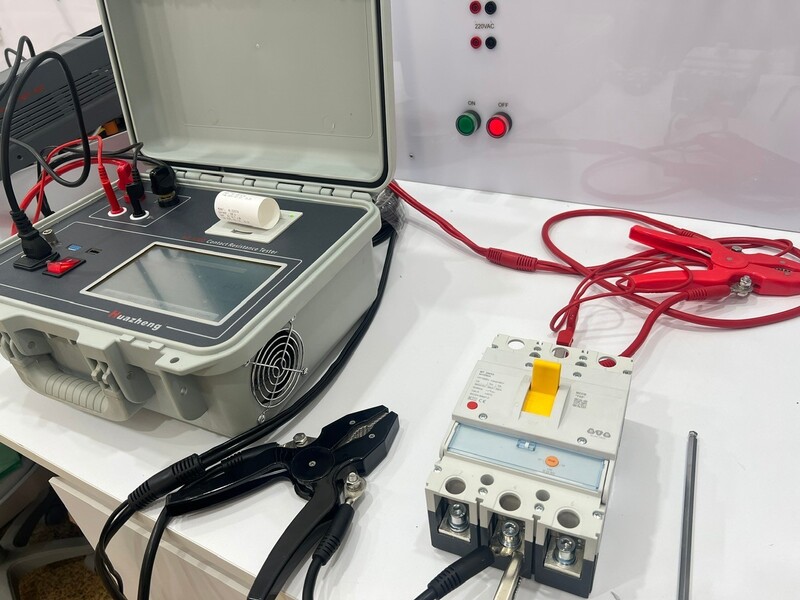
These tests ensure that MCCBs operate reliably under various conditions and maintain high performance throughout their lifespan.
Renowned Testing Laboratories
Globally recognized laboratories specializing in MCCBs testing and certification include:
- KEMA (DEKRA Certification) – Netherlands
- Intertek (ETL) – Global
- UL (Underwriters Laboratories) – USA
- VDE (Verband der Elektrotechnik) – Germany
- TÜV Rheinland – Germany
MCCBs are critical components in electrical systems, providing protection against overloads and short circuits. To ensure their quality and safety, MCCBs must comply with international standards such as IEC 60947-2 and undergo rigorous testing. When selecting an MCCB, users should consider technical specifications, standard certifications, and manufacturer reputation to ensure optimal performance and long-term reliability.

